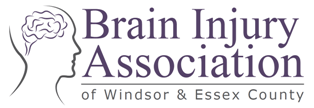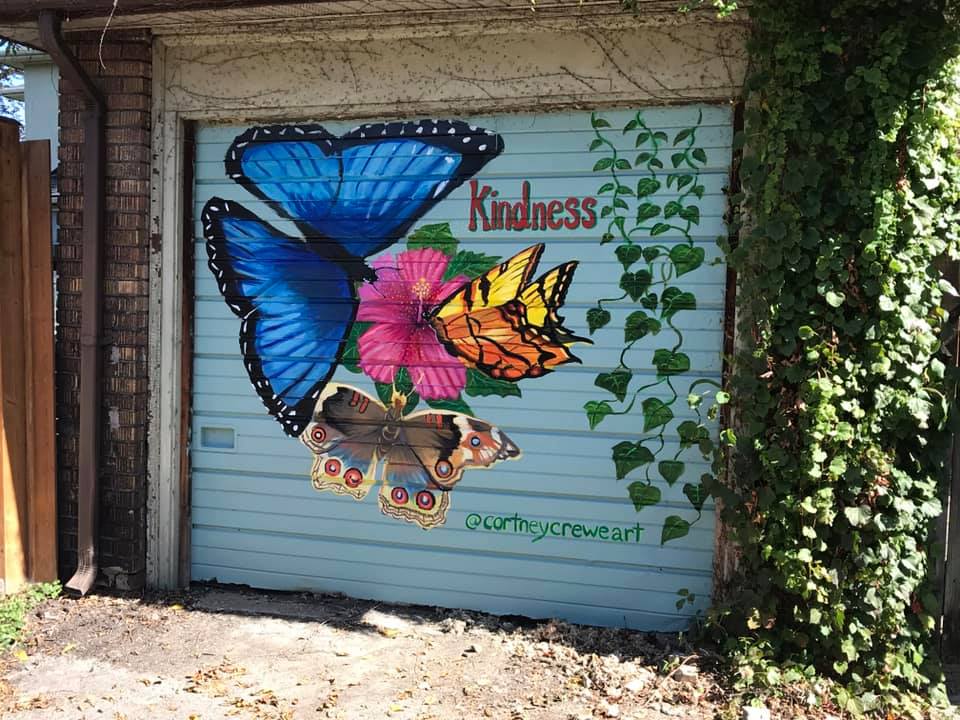There is a lot of information about concussion available and it can be overwhelming to navigate. There are a lot of myths and outdated information about concussion that can cause confusion for those living with brain injuries.
I THINK I HAVE A CONCUSSION. WHAT SHOULD I DO?
Concussions are often difficult to diagnose because there are limited objective findings and the diagnosis is usually based on subjective symptoms. Visiting a doctor after a concussion may not be necessary. The doctor would most likely give instructions to rest. However, there are times to visit your family doctor, nurse practitioner or the emergency department.
Visit the emergency room or see your primary health care provider immediately if you notice “red flag” symptoms such as one pupil larger than the other; drowsiness or inability to wake up; a headache that gets worse and does not go away; slurred speech, weakness, numbness, or decreased coordination; repeated vomiting or nausea, convulsions or seizures (shaking or twitching); unusual behavior, increased confusion, restlessness, or agitation; loss of consciousness (passed out/knocked out). Even a brief loss of consciousness should be taken seriously.
HOW DO I MANAGE MY CONCUSSION SYMPTOMS?
Get physical and mental rest during the first 24-48 hours after concussion. Increased sleep is normal and necessary, you don’t need to be woken up every hour or put in a dark room. Gradually returning to daily activities and regular routines is part of the healing process. Start by doing a just a little, and if you feel OK, then you can try to do a bit more. Talk with a doctor or nurse practitioner about returning to work, school, or sport.
HOW WILL I FEEL AFTER HAVING A CONCUSSION?
Concussions symptoms can affect your body, but they can also affect your thinking, emotions, and sleep. Symptoms might appear right away or a few days later. Symptoms can last for days, weeks, or even longer. Some people may experience only one symptom and others may experience many. Most people who experience a concussion make a full recovery, with symptoms lasting no more than 4 weeks.
WHAT IF I AM NOT GETTING BETTER?
It is important to give the brain time to heal. Most people recover within 4 weeks. For a few, concussion recovery can take longer, with their symptoms lasting beyond a few months. Symptoms that last longer than three months are referred to as ‘prolonged symptoms.’ If your symptoms last longer than a few months, it doesn’t mean that you will never recover. Talk to your family doctor if you are concerned about your symptoms. Your family doctor might refer you to an interdisciplinary concussion clinic or a network of providers who have experience in managing symptoms after concussion.
WHO CAN HELP ME WITH MY CONCUSSION?
Your family doctor can help you manage your concussion symptoms, but they might also refer you to an interdisciplinary concussion clinic or a network of providers with experience in concussion care. The concussion clinic should help you manage follow up appointments and external referrals, communicate with school or work settings, and keep your family doctor up-to-date about your concussion care.
It is important that you ask questions during your appointments. Have your healthcare providers explain the treatment plan clearly. This will help you understand what they are doing and how they will know if you are getting better. There is an interview guide on ConcussionsOntario.org that can help you ask the right questions and get the information you need.
HOW DO I KNOW IF I AM GETTING THE RIGHT CARE?
Not all concussion clinics or networks of healthcare providers offer the same quality of concussion care. Healthcare providers delivering concussion care should have experience working with patients with concussion or be supervised by someone who has advanced training or experience in concussion symptom management. A medical professional such as a doctor or nurse practitioner should be directly involved in your care.
DOES HAVING A CONCUSSION MEAN I WILL GET CHRONIC TRAUMATIC ENCEPHALOPATHY (CTE) OR HAVE PERMANENT BRAIN DAMAGE?
No, based on what we know now, having a concussion does not mean you that you will have permanent brain damage or develop Chronic Traumatic Encephalopathy (CTE). CTE does not appear to be caused by a single or small number of injuries, it is brain disease caused by years of regular, repetitive impacts to the head. Even if you do have many head impacts over the years, it doesn’t mean that you will develop CTE. Right now, CTE can only be definitively diagnosed by autopsy.


